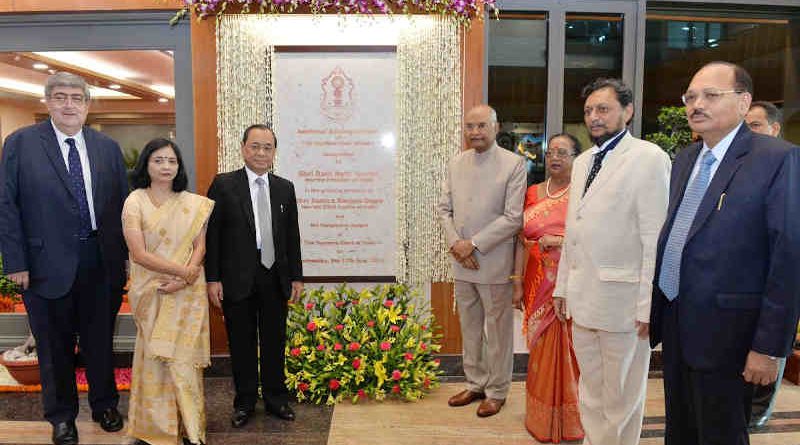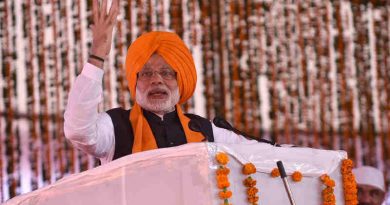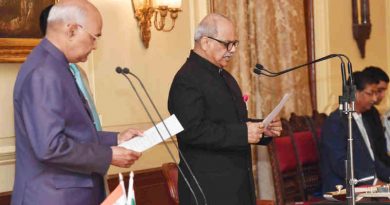Supreme Court Deploys Software to Translate Judgements into Indian Languages
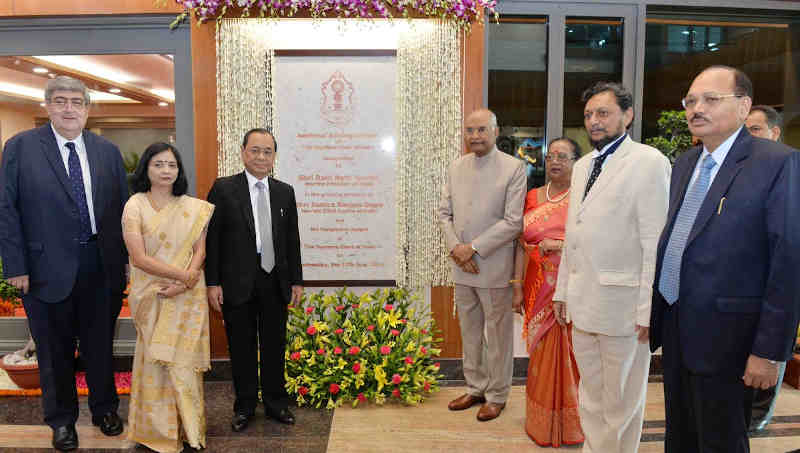
The President of India, Ram Nath Kovind, inaugurated the Additional Building Complex of the Supreme Court of India in New Delhi on Wednesday (July 17, 2019). He also received a copy of translations of 100 Supreme Court judgements in various regional languages.
Speaking on the occasion, the President said that the 100 judgements that have been translated into nine Indian languages represent a start. He noted that priority has been given to judgements related to labour laws, consumer protection, family and personal laws, land acquisition and rental disputes, and similar areas – because these concern common people.
[ Also Read: Indian Courts Are Not Ready to Work in English Language ]
He said that the purview and ambition of the project should not be limited by utilitarian purposes. The aim should be to ensure that the maximum number of judgements of the Supreme Court and the high courts should be available in major Indian languages. The Supreme Court has deployed a special software program to translate English judgements into local languages.
I appreciate the Supreme Court’s openmindedness in developing and deploying software that translates judgment texts into different languages. I am certain that with time and experience, the software program will only improve and incorporate many more languages #PresidentKovind
— President of India (@rashtrapatibhvn) July 17, 2019
“I appreciate the Supreme Court’s open-mindedness in developing and deploying software that translates judgement texts into different languages. I am certain that with time and experience, the software program will only improve and incorporate many more languages,” President said.
[ Legal Content Development Services for Law Firms ]
Ideally, he said, this should include judgements on crucial constitutional matters. He said that in the initial period, this will be a boon to litigants – but eventually it will help spread the light of legal learning and understanding of the nuances of law across the country. It will assist in building a legally aware and enlightened society.
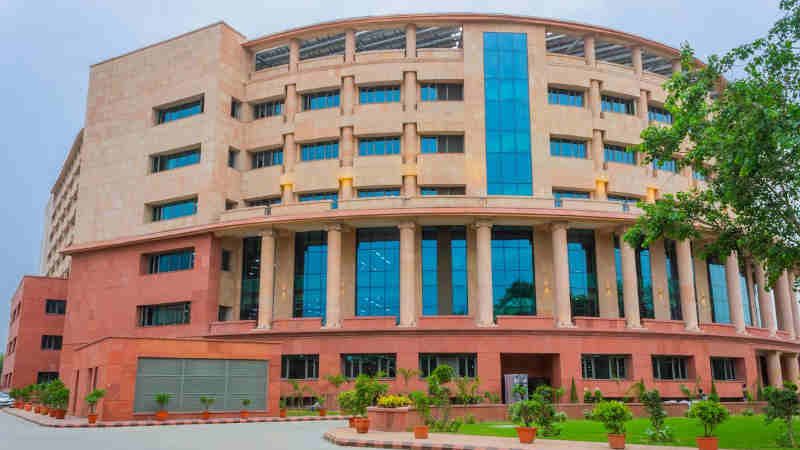
The President said that the efficiency and responsiveness of the judicial system is dependent on both quality and quantity. While the quality of our judges and the independence of our judiciary are recognized around the world, the problem of numbers and vacancies has arisen from time to time.
[ Research Paper: 20 Bitter Truths in the Indian Legal System ]
Even so, today we are in the happy position that all 31 vacancies in the Supreme Court have been filled by able judges. This has happened after a full decade. He congratulated the Collegium and the government for this achievement.
Photo: Rashtrapati Bhavan

